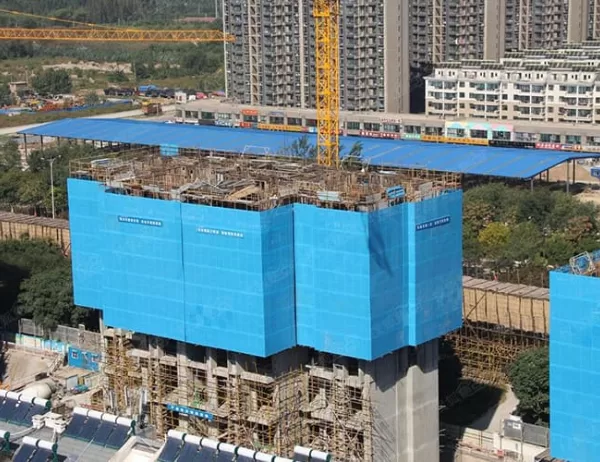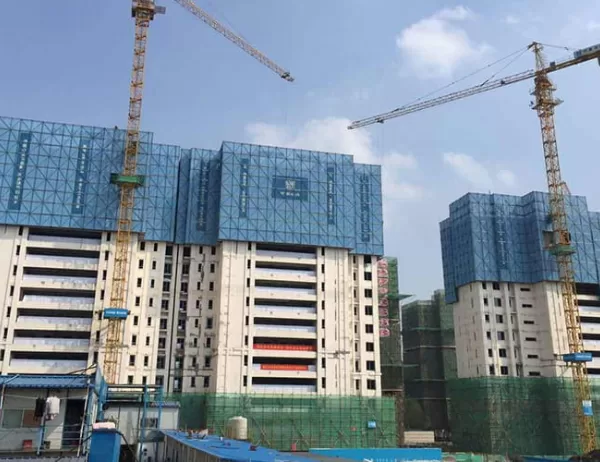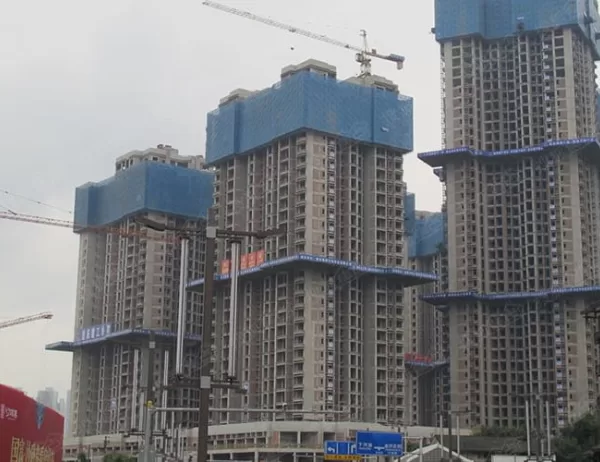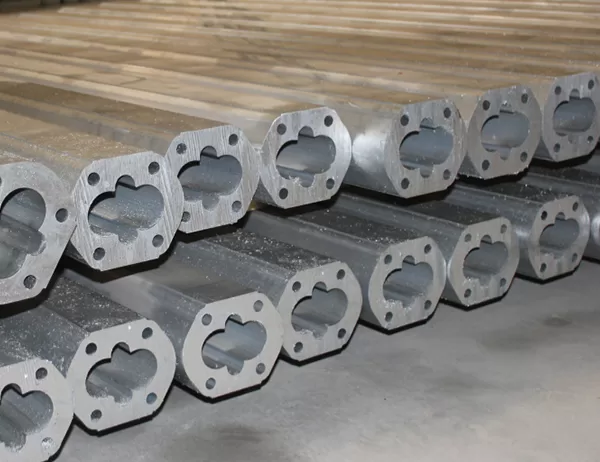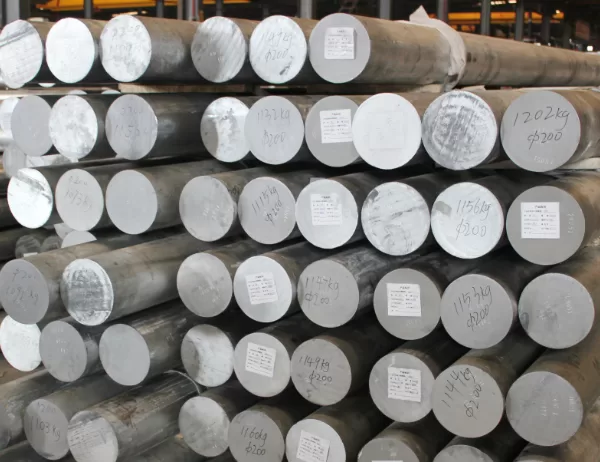Extruded aluminum pipes are widely utilized in various industries due to their lightweight, strength, and corrosion resistance. Over the years, advancements in extrusion technology have led to the incorporation of advanced features that enhance the functionality and performance of these pipes. This article explores the innovative features that distinguish modern extruded aluminum pipes from their traditional counterparts.
Enhanced Structural Integrity
Strengthened Alloy Compositions
Modern extruded aluminum pipes are engineered with advanced alloy compositions that increase their yield strength and tensile properties. By incorporating alloying elements such as magnesium, manganese, and silicon, manufacturers enhance the material’s resistance to deformation and failure. These alloy modifications optimize the pipes’ load-bearing capacity, making them suitable for demanding applications, such as high-pressure systems and structural components.
Optimized Heat Treatment Processes
Controlled heat treatment processes play a crucial role in improving the structural integrity of extruded aluminum pipes. Specific sequences of heating, soaking, and cooling are applied to optimize the pipe’s microstructure and mechanical properties. This process strengthens the alloy matrix, reduces internal stresses, and enhances the overall durability of the pipes.
Improved Corrosion Resistance
Advanced Anodic Coatings
Extruded aluminum pipes are often exposed to corrosive environments, making protective coatings essential. Modern techniques employ advanced anodic coatings, such as hard anodizing and plasma electrolytic oxidation (PEO), to create a dense, corrosion-resistant layer on the pipe’s surface. These coatings provide exceptional protection against electrochemical reactions, acids, and harsh industrial chemicals.
Trivalent Chromium Conversion Treatments
Trivalent chromium conversion treatments are an environmentally friendly alternative to traditional hexavalent chromium coatings. These treatments form a thin, non-porous layer on the aluminum surface, which resists corrosion and provides a base for subsequent paint or powder coating applications. They ensure long-term durability and aesthetic appeal.
Tailored Mechanical Properties
Variable Wall Thickness Design
Modern extrusion processes allow for pipes with variable wall thicknesses throughout their length. This feature optimizes the pipe’s structural performance by distributing stresses more efficiently. It reduces the weight of the pipe while maintaining its integrity, making it ideal for applications where weight reduction is critical, such as aircraft components and telecommunication towers.
Controlled Tempering
Tempering involves a controlled heating and cooling process that influences the hardness and strength of the aluminum alloy. By carefully controlling the tempering conditions, manufacturers can tailor the mechanical properties of extruded aluminum pipes to specific application requirements. This customization enables pipes to perform optimally in diverse environments and under varying load conditions.
Conclusion
Advanced features in modern extruded aluminum pipes have revolutionized their capabilities and applications. From enhanced structural integrity and improved corrosion resistance to tailored mechanical properties, these features make extruded aluminum pipes an exceptional choice for a wide range of industries. By incorporating cutting-edge technologies, manufacturers continue to push the boundaries of innovation, providing solutions that meet the evolving needs of modern engineering and design.
